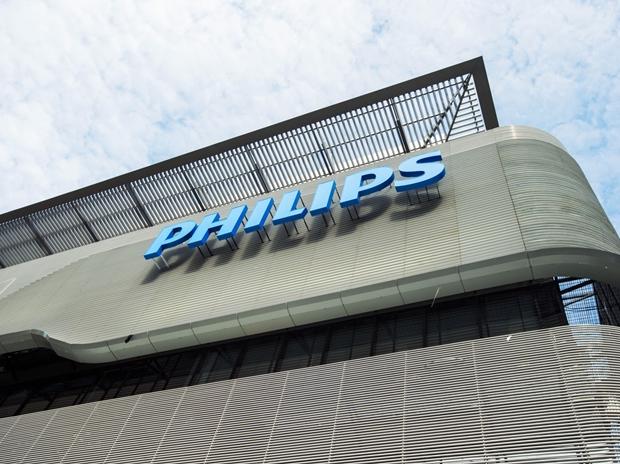Philips ramps up investments in India with new innovation hub in Bengaluru
Netherlands-based conglomerate Royal Philips, commonly referred to as Philips, unveiled a new innovation centre in Bengaluru on Thursday as it ramps up its investments in India.
Without sharing the specific investment figures, Roy Jakobs, Chief Executive Officer, Royal Philips said that India is a key market for the company and it would continue to invest in the country. The $19-billion company has other major hubs stretched across the country – a healthcare innovation centre in Pune, global business services in Chennai, and commercial teams in Gurugram.
The newly-opened 650,000-square-foot campus can accommodate over 5,000 professionals working on innovative health technologies aimed at improving patient experiences, achieving better health outcomes, enhancing staff experiences, and lowering the cost of care.
The latest centre of Philips in Bengaluru marks a significant landmark in the company’s global footprint and plays a vital role in “revolutionising” healthcare in India and beyond. Focused mainly on healthcare, the multinational company said that its major goals are digital connectivity and technological advances in order to cater to universal health coverage. By tapping into these elements, the company targets to improve the lives of 400 million people per year in backward communities, which is part of the goal to improve the lives of 2.5 billion people a year by 2030.
“In the last 27 years, the Philips Innovation Campus in Bengaluru has grown to represent almost all our business categories and supporting roles. This means we’re able to help more healthcare providers help more patients, in an efficient and sustainable way, and make it easier for more people to take care of their health and well-being. This new campus is a testimony of our commitment to further building our capabilities in India and leveraging the same for customers globally,” said Jakobs.
He further added, “At Philips, we see huge potential to make a difference through innovation, design, and sustainability and help ensure that healthcare works for everyone. In India, we not only want to speed up access to care but also locally develop and contribute to solutions for the rest of the world. This new campus reflects our desire to support the country’s healthcare goals through the development and manufacturing of healthcare solutions.”
Philips also sees India as a critical centre for artificial intelligence (AI) and software capabilities. Philips spends around $1.7 billion per year on research and development, a significant part of which is dedicated to software development. The India team is a key contributor to most of Philips’s offerings.
“India is a growth market, both in terms of the need for healthcare where we can provide better services, consumer opportunity, and the resources we get from here in order to serve the global audience. It is an important part of our ecosystem. We give a disproportionate amount of our investments to India and see that grow in the coming years. We look forward to investing here,” Jakobs said.
